DIGITAL COVER: V ES PARA VENENO
El elenco de Veneno se reúne para discutir el impacto continuo de la innovadora serie.
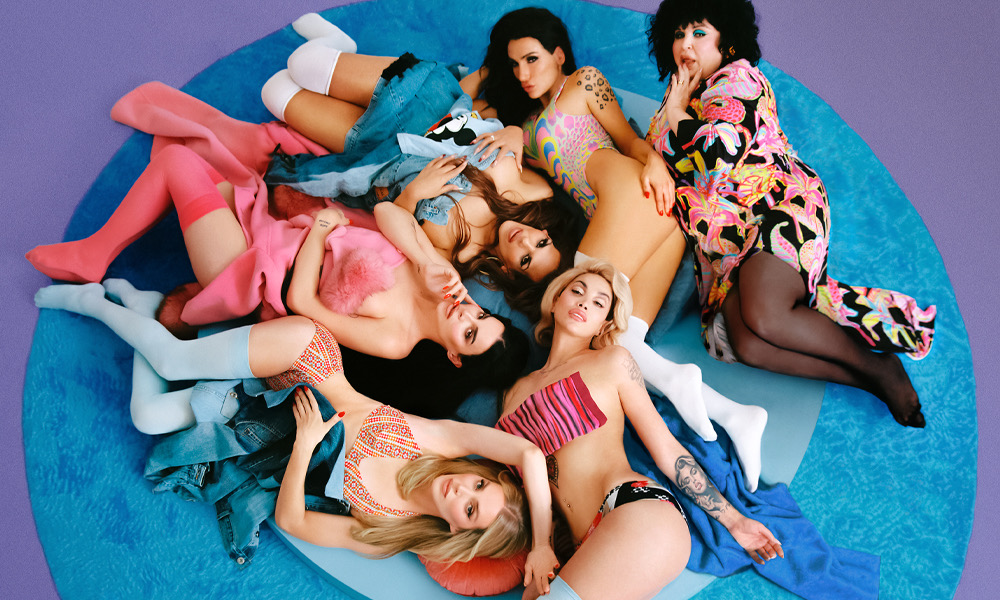
The cast from Veneno, HBO Max’s latest boom, is just as explosive as the story’s own protagonist, Cristina Ortiz. We brought together talents from the limited series like Candela Santiago, Lara Martorell, Alex Saint, and the incomparable Paca La Piraña, alongside Jedet and Daniela Santiago—two of the actresses who performed as the transgender woman that broke Spanish television ratings during the 1990s. With them, its creators Javier Ambrossi and Javier Calvo (better known by the nickname “Los Javis”) and Valeria Vegas, the author of the biography on which the series is based on. All together they discuss the global phenomenon that the series has become and why fiction is sorely needed in today’s society. ¡Digo!
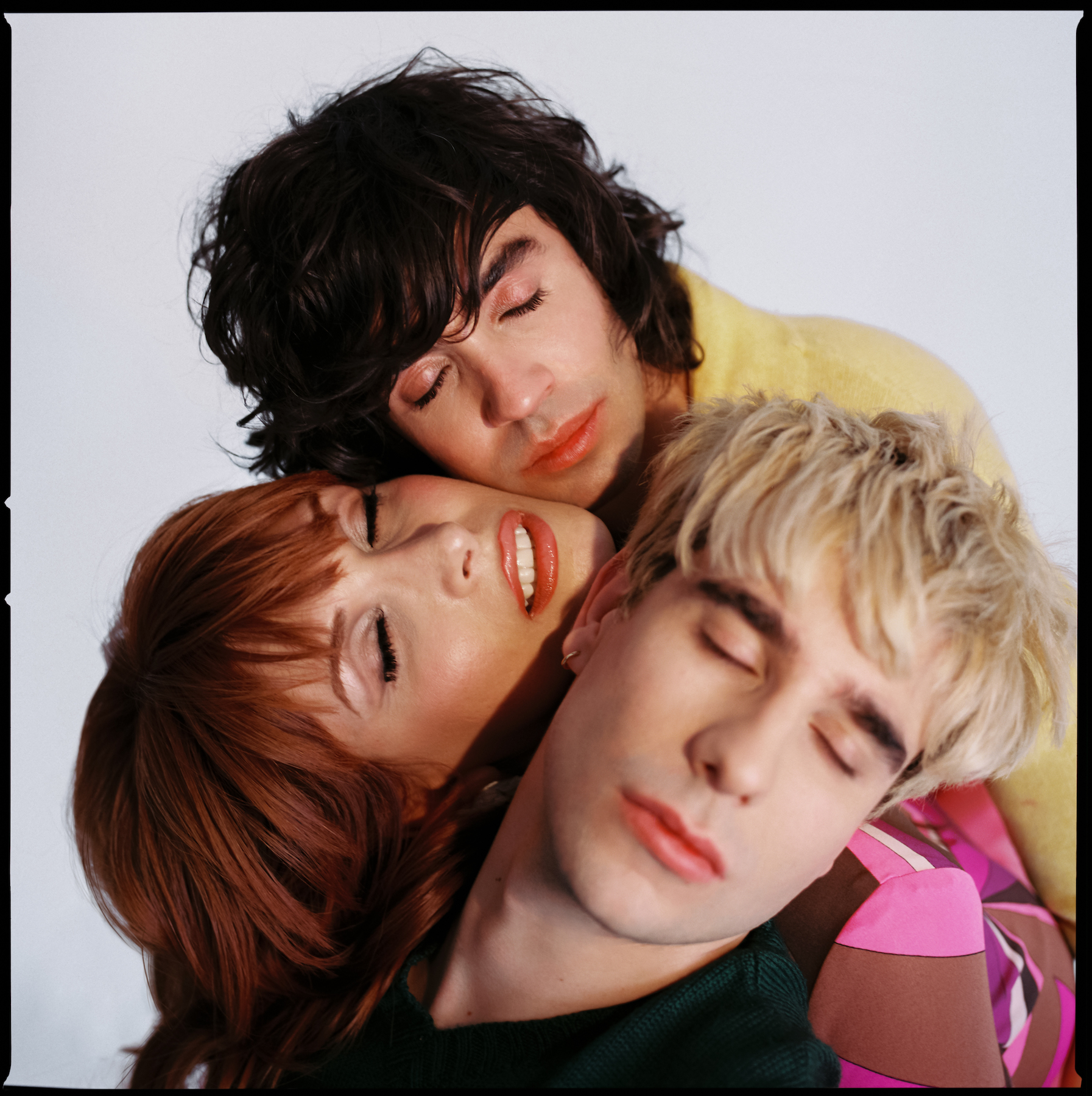
Javier Ambrossi & Javier Calvo: Hi, Girls! How are you? The international boom that the series is having is incredible! Did you ever imagine something like this?
Valeria Vegas: Not at all, it’s the last thing I would have expected in my life. My book was born as something very rudimentary, with the desire and conviction to vindicate a person. It already seemed incredible to me that a series [based on her book] emerged, even more, that it is being watched in the United States, and everyone is talking about it.
Lara Martorell: Well, I was certain about its success. The script and performances are wonderful, and the life of Cristina [Ortiz] was fascinating, so there were many things to tell. I knew it was going to succeed.
Daniela Santiago: It’s amazing because it is the first series in Spanish that has gone so far and we are being recognized by such influential people who we have always admired. I am still processing it. I never thought it could explode in this way.
VV: People see it differently abroad, they have no knowledge of who La Veneno was and they don’t judge her—that helped them see her in another light. When something comes from the outside, it’s granted a more sincere opportunity.
Alex Saint: This is one of those iconic shows that involves a social revolution, even if it is fiction. The media and politicians in Spain are interested more [in transsexuality] thanks to her, now in a more human way. A trans woman has always been associated with being a sex worker, and even in those cases like Cristina’s, society didn’t wonder why she ended up in that situation without any more opportunities in life. Veneno tells this very well and has served itself to opening the eyes [of society].
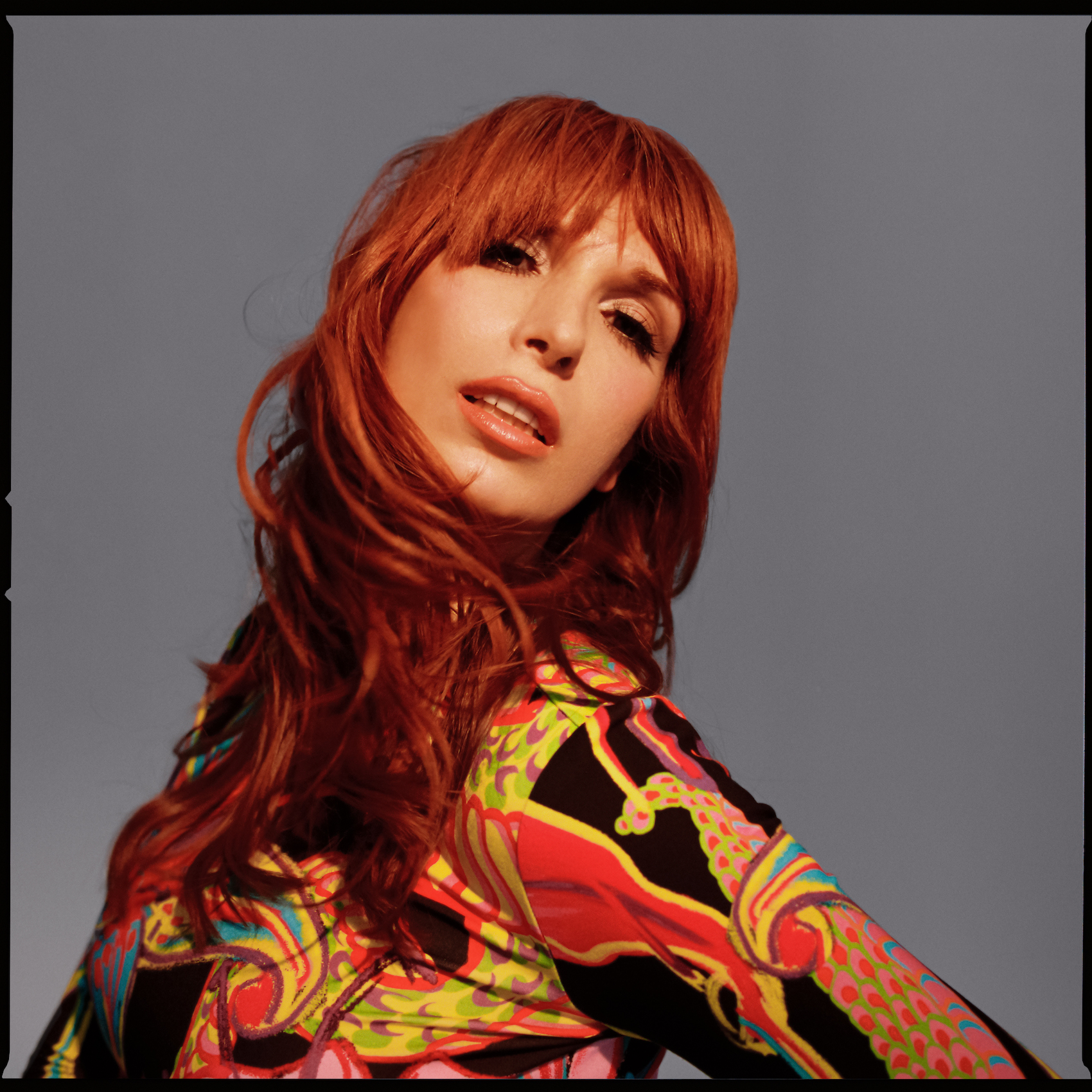
LM: This allowed us to see the person beyond the character [of La Veneno] and to generate empathy that did not exist before with the situation of the trans community.
JA: We are both highly surprised. From the beginning, we tried to create a series about the LGBTQIA+ community that would be mainstream and for all audiences. When you see that it’s being released in other countries such as the United States or France with such a good reception, you think “Wow!” because it’s still the story of a woman who in the last years of her life was alone on the street with four friends—it is not exactly a story known to everyone, like The Crown.
JC: It’s very exciting when someone from the United States says thanks to you for introducing a new icon into their life. Cristina is being known worldwide and her story (and all of yours) is inspiring many people.
Paca La Piraña: I think in the United States, I pass as a biological woman—they don’t think I’m trans. [I had] a farmer from Kansas City call me because he wanted to put a ranch in my name.
JA: (laughs) Paca, you can’t imagine how many American directors call us to ask about Paca la Piraña!
PP: I see myself in Hollywood!
Jedet: Well, I tell you one thing, I love the phenomenon that Veneno has generated, and even receiving messages from Brad Pitt or from anyone in the world. The satisfaction as an artist is enormous, but the recognition can’t buy me food at the supermarket. This TV series has helped me a lot but I have not yet had a great role as an actress. I have a possible movie pending in Colombia but I’m focused on music, my makeup line, and some advertising campaigns. If I didn’t have a multifaceted career, I couldn’t live off of just acting right now. The truth is, as a trans woman, I don’t have access to the roles that the majority of cisgender women have. It is paramount that our rights are protected. We are women, period, so we should have the same opportunities.
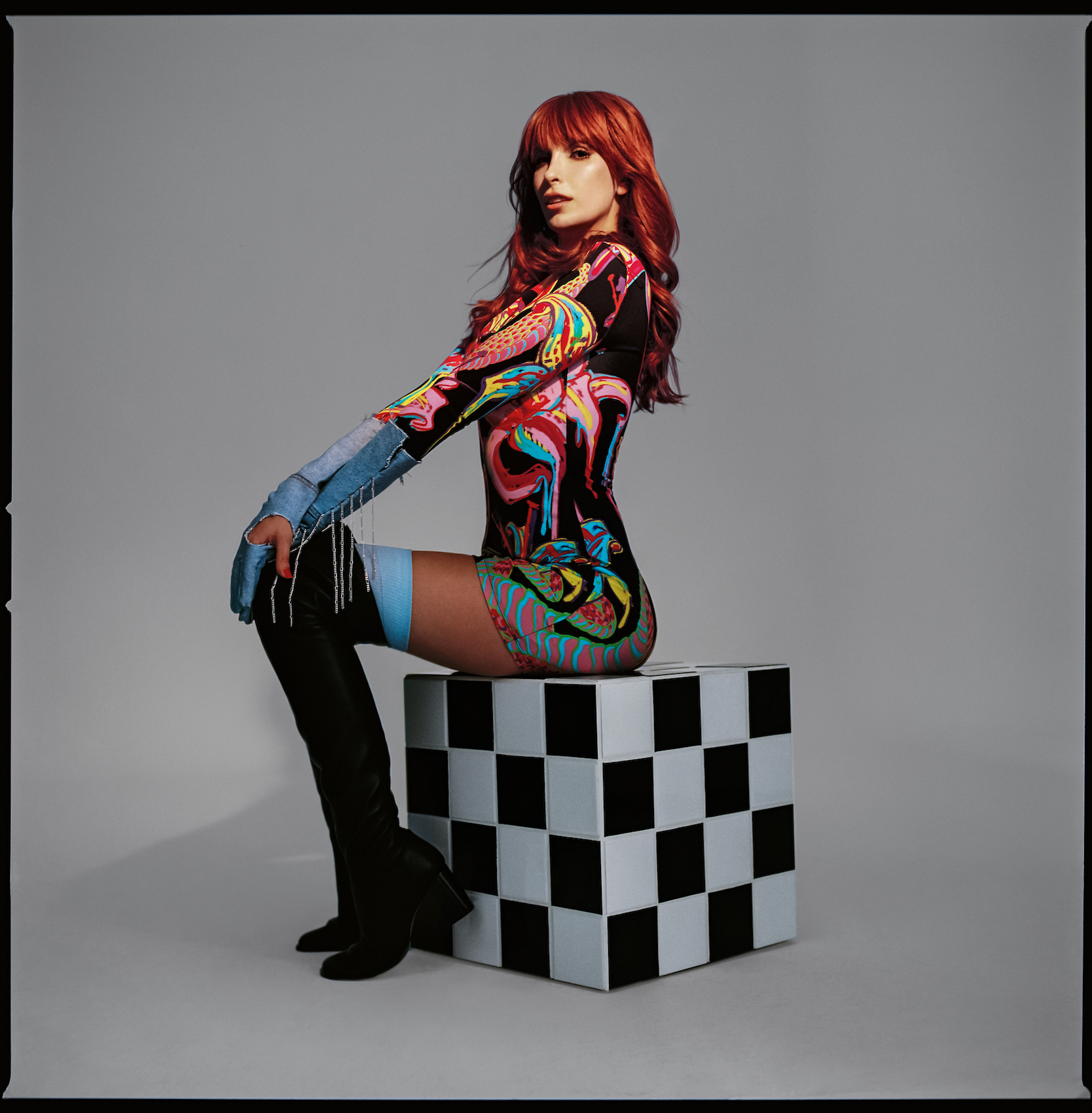
JA: This series has a very broad cast of actresses. Many of you were first-time debuts, others not so much, like Lara who is a super pro actress. And in the case of Paca or Candela, you were [actresses] in your own shows. But what we wanted to strictly do is have the trans characters be played by trans women, and this had to be the case.
DS: That is quite a masterstroke because it has given the opportunity to show that there is talent for acting in the LGBTQIA+ community.
PP: In this TV series, not only were there trans women playing trans characters, they also worked as sound and lighting technicians, makeup artists—that shows that we are normal people and we can do all kinds of things.
VV: I only had a cameo in the series but I took part throughout the script process. Not only have the difficulties [of the LGBTQIA+ community] been made visible, it has also given an opportunity to trans actresses that they wouldn’t have had before. And we must take notice that although this is very good, the true triumph will come when trans women not only play trans characters but can access any role.
DS: Valeria, how did you see yourself reflected in a fictional series?
VV: Lola [Rodríguez] plays a wonderful role but I am stronger and more groundbreaking in real life. This series represents a very sweet vision of when I was 21 years old because I lived through very hard moments at that time, while I was studying, but I understand that this was not the part that had to be told. At first, the idea of having a character based on me made me feel too exposed, but I understood that it was necessary because it provided a vision of Cristina from a much younger generation and to be seen by someone who had never judged her.
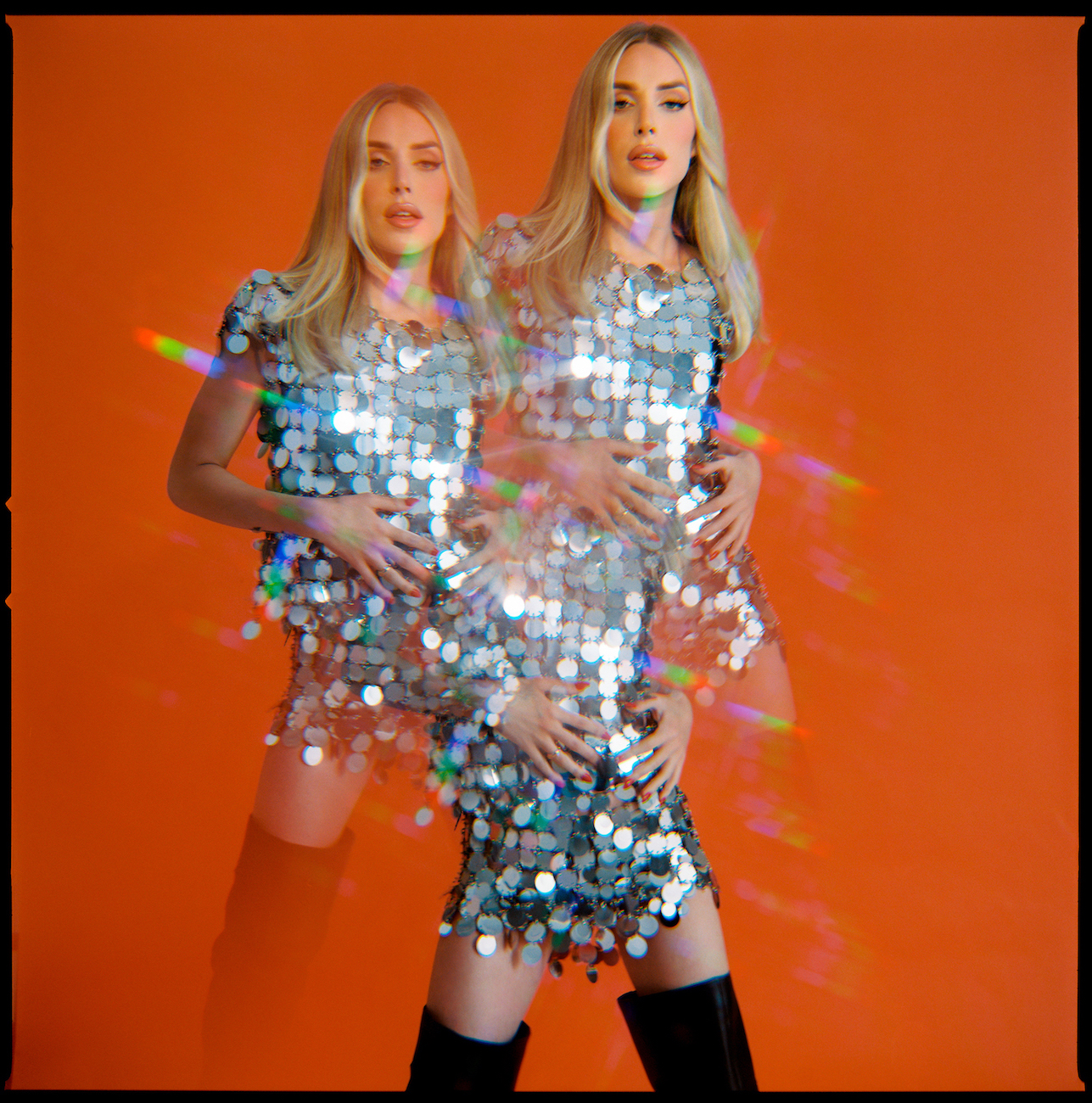
JC: You understood that we wanted to inspire younger generations with your own story. Your role symbolizes light and hope in the face of the tragedy of women like Cristina.
JA: The whole casting process was wonderful. It helped us discover characters who greatly enriched the story as we were writing it. We already knew Lara and Paca before making the TV series, for example, so we already had our eyes on them. And Candela was the first [actress] we found through the casting.
CANDELA SANTIAGO: I remember when Los Javis called me to meet them in Madrid. The first thing I asked was if they were going to pay for my train ticket and hotel. If they weren’t, I wouldn’t even go dead! (laughs)
JA: From the first moment, we were very clear that we would write a role for you. That’s how Tamara la Gitana [Tamara the Gipsy] was born.
JC: Working with all of you has been incredible because you brought a lot of truth to the story. Scenes such as those experienced in Parque del Oeste [a park in Madrid where prostitution was practiced] were filmed in a similar way as we did in Paquita Salas [their previous TV series]. That means with a handheld camera to capture the truth of the moment. It was like following a choreography on your own, where you were talking above the script all the time. You drove the whole team a little crazy! (laughs)
JA: Javi [Calvo] and I used to say, “You follow this one with a camera, and I will film with another one and let them talk a lot and fight.”
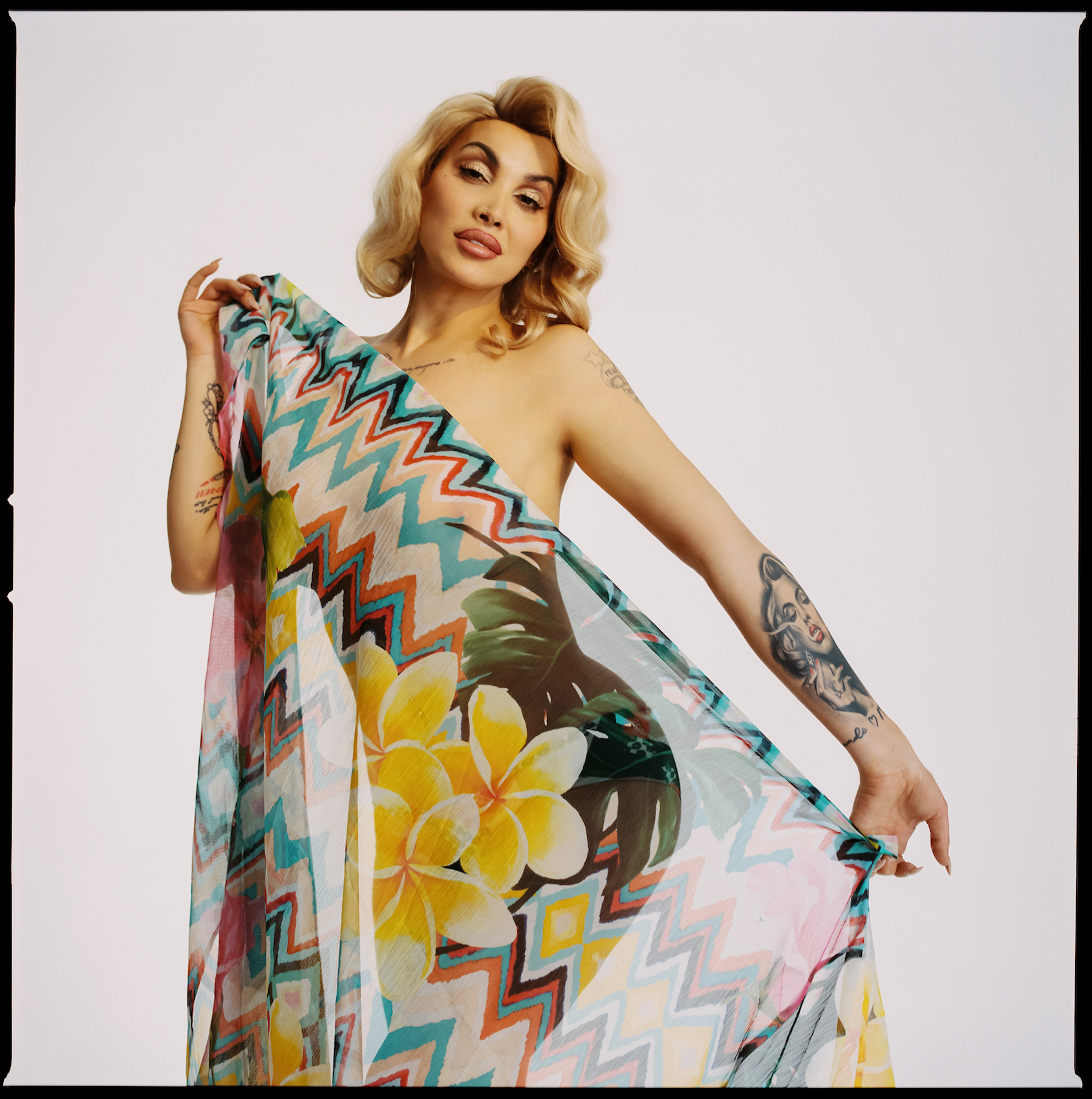
JC: Later on, we brought order to them during editing but tried to keep the freshness of your expressions and the freeness that your acting brought. It was like conducting a jazz orchestra. All of this made the story much more real.
JA: Above all, the quieter times that I have spent with you all have been extremely enriching. The ones where you [actresses] told me your stories—we laughed and you gave me so much love. The script was completed with themes that came out of those moments and that was beautiful. It helped make the series that much better.
JC: It’s surprising how emotionally available you all were, even though many [of you] hadn’t acted before. Sometimes, it is much more difficult to get that from an actress with more expectations. You have such great life experiences that you are not afraid to show yourself how you really are.
JA: You have also done very difficult things, from action scenes in the rain, to filming in crowds, or with a moving car.
PP: For me, it was my first role. I have done shows all over Spain but not at this level. I once played an extra in an American film that was filmed in Tabernas [desert in Almería]. They spoke in English and I didn’t understand anything!
CS: Paca, you played yourself in the series—how did you see yourself looking back?
PP: Well, I look fat as a king crab! I spent all eight episodes eating all the time. You have to take me to a weight loss clinic!
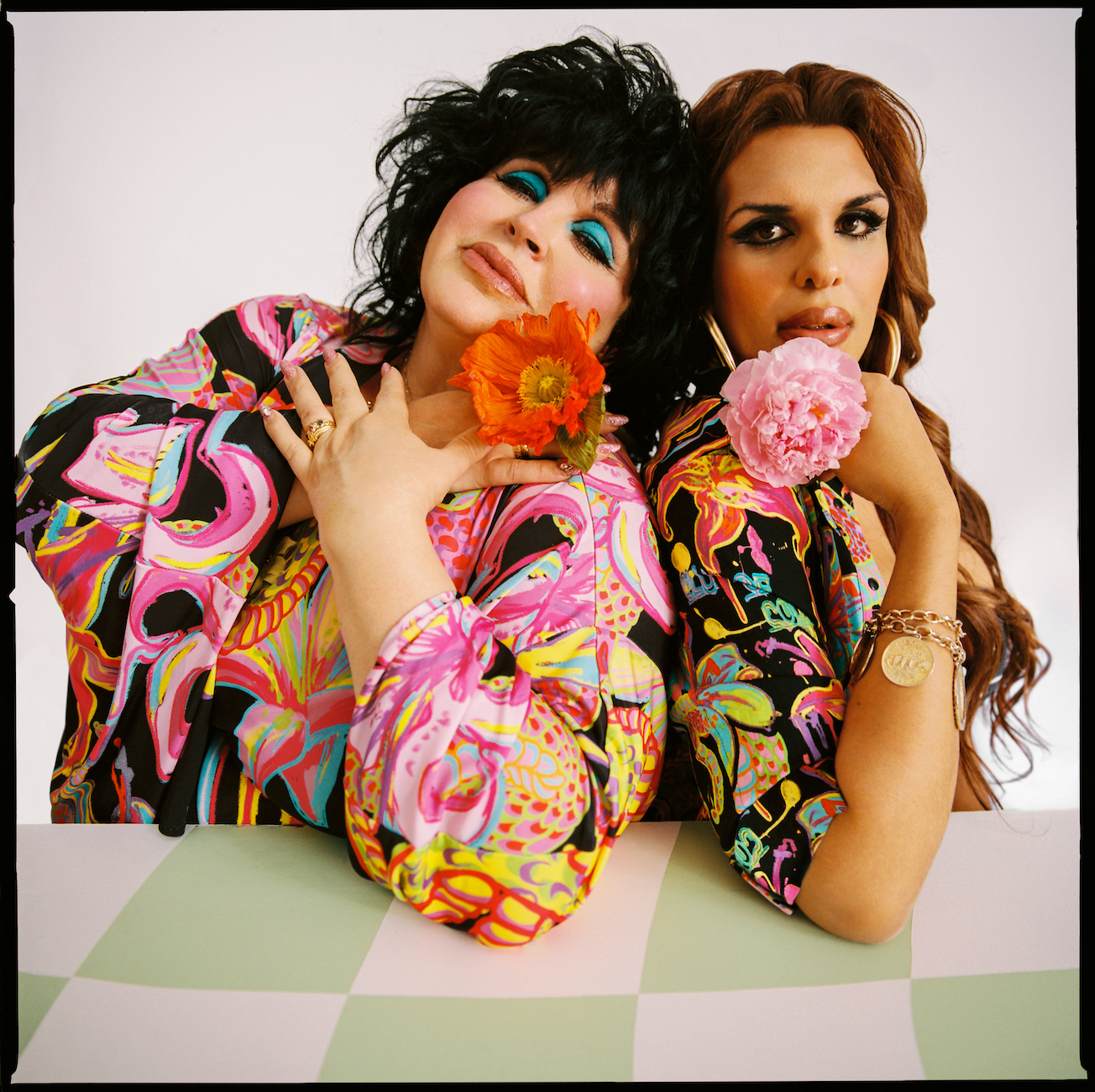
CS: (laughs) It was also the first time I acted. I did shows before but of a different kind. I felt very comfortable with you, [Javis]. I skipped [what was in] the scripts all the time— if you put one thing, I would say another, and that always made [things] very funny. I thank you very much for the patience and trust you have placed in me.
JA: We found that having actresses like Paca or Candela made [the series] much more authentic, fun, and exciting. We always told you [Paca] “I put this here but how would you say it?” She had a lot of opinions and that was wonderful—we just needed to put in a little order for it to make sense.
PP: Sometimes I could have improvised but other times I had to follow the script. They scolded me a lot because I’m a chatterbox. [Javi] Ambrossi told me “Paca, I’m the director here!”
JA: In reality, it was Paca who directed us! (laughs)
AS: I remember I was very scared the first day of filming. I had never acted before and didn’t know if I could. Acting had always caught my attention but it seemed impossible to get access into this world. I remember I went with Jedet to the casting and you [Javis] wanted to interview me to work as a makeup artist for the show. When you later asked me also to play a small role [as Sacha], it was quite a surprise.
J: I was pretty scared too. When I finished my studies in dramatic arts, I concentrated on being a waitress and put acting aside because I never saw it as an option for a living. When the shooting [of the series] came, all of a sudden, I felt like I was not going to measure up. I felt like a bad actress but you [Javis] took great care of me. You have that power to see something special in actresses, whether or not you have a career, and you know how to exploit it very well.
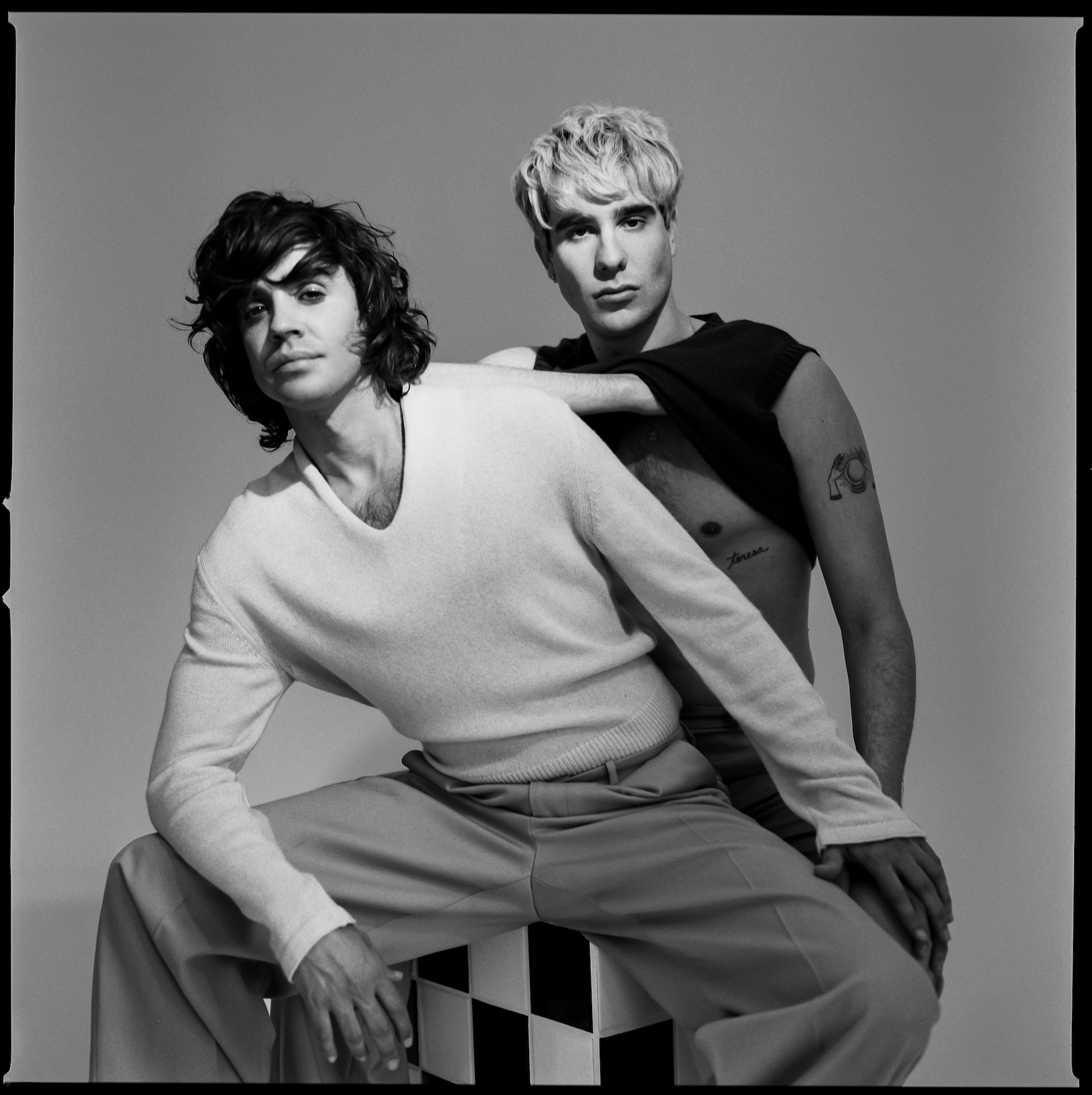
DS: I was born an actress, that’s something that’s in your blood. I was 17 years old in a Pedro Almodóvar film, but I never studied drama or had prepared a role for myself. In the interview you gave me for the casting of Veneno, the love at first sight was mutual. We immediately connected, and you told me that you had already found La Veneno in its splendor.
LM: As a trained actress and having played a leading role in another TV series, I was very surprised at the high level there was. Suddenly, I ran into inexperienced people who were doing a wonderful job and that was very positive. In the “Perfect Storm” episode, for instance, in which my character [La Fani] fights with Daniela to mark her territory, we filmed very tough scenes in Parque del Oeste with humidity or extreme cold temperatures. When they told us “coats out” we had a terrible time but they all [actresses] held up very well.
CS: That was the hardest scene I ever filmed—pure passion and death. They threw water on us all the time in temperatures below freezing. Our coats were soaked and our heels full of mud!
PP: I wore shoes three sizes smaller than mine. I remember being very cold, it seemed that I was shitting while walking! I couldn’t even speak but they threw more and more water on me. I told you that if I got pneumonia, you would have to pay for my funeral!
DS: (laughs) It was a very hard scene. I was in bed for three days with constipation and back pain. In my case, almost all the sequences were complicated by the oral effort I had to do. In fact, I had a nodule in my throat. The dialect that Cristina spoke was very peculiar, a mixture of different places in Andalucia where she lived.
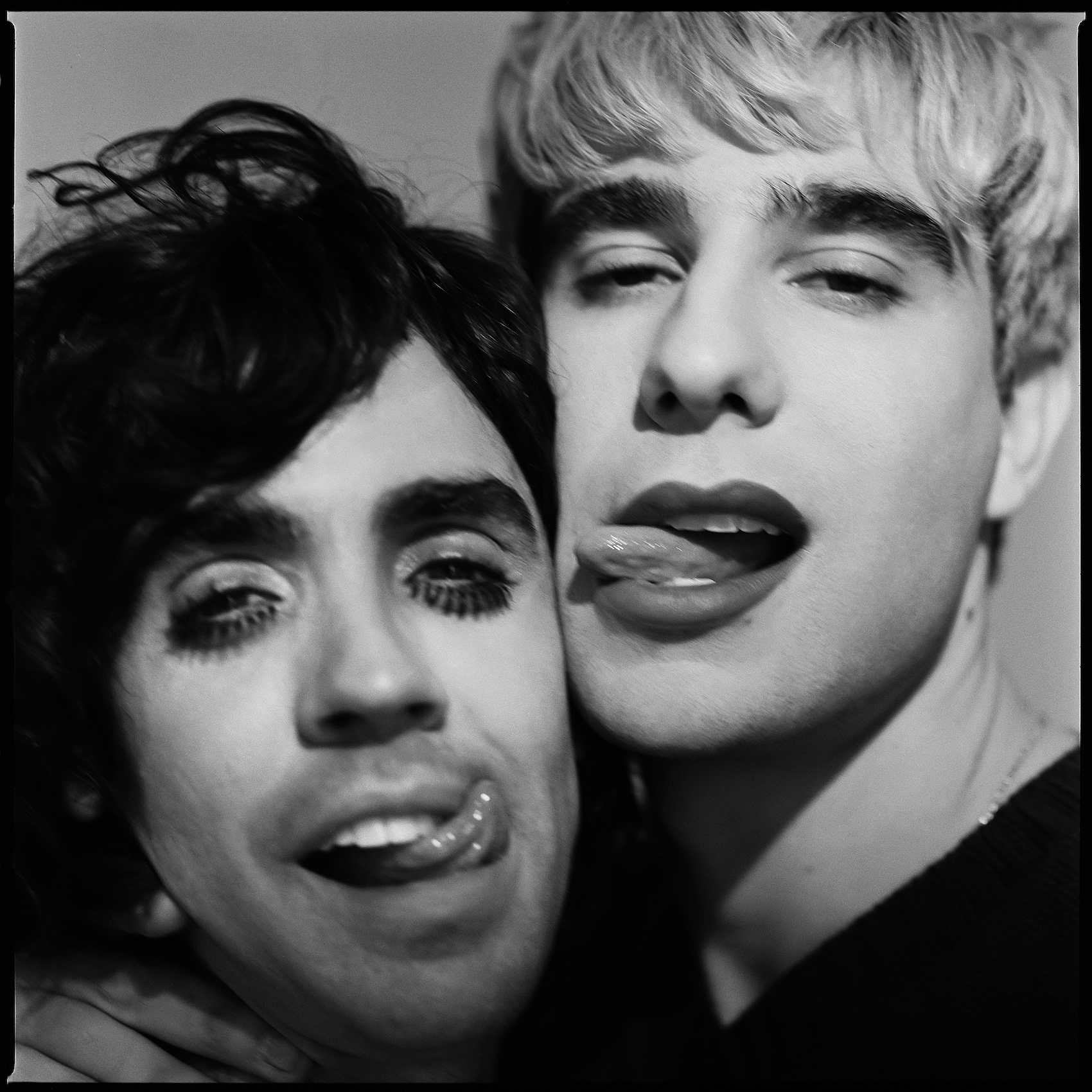
J: To me, the great challenge was psychological since I had to perform the gender transitioning stage that Cristina went through just when I was with mine. Some days were especially difficult because I did not know when I could have the surgery to be myself.
LM: Jedet, were there any scenes that you had a hard time shooting specifically?
J: Yes, when I visit Cristina Onassis (Sophia Lamar) in the hospital at the moment she is about to die. Sophia and I couldn’t connect well, so Alex Rodrigo [the director of the episode] suggested that my mother play her double. When I saw her prostrated in bed, the shot came out in the first take.
PP: If you are not involved in this world, everything looks very strange from the outside. At first, I was very nervous, I even got dizzy. At night, I always read my lines because if you didn’t know, they would scold you. That was required by contract: you had to go clean, with your lines learned, and without being drunk!
AS: (Laughs) Paca, as you met Cristina in real life. What was it like to bring back some difficult moments that you lived with her in the series?
PP: So sad but I lived them differently. Certain parts did not happen like in the series, they were made fiction to thrill. Although Cristina and I got angry, I never threw her out of my house or threw her clothes out on the street. It happened to us like any other girlfriends—one day you argue and the other you are fine. We may have not seen each other lately but we talked on the phone until the day she died. We spent many adventures together.
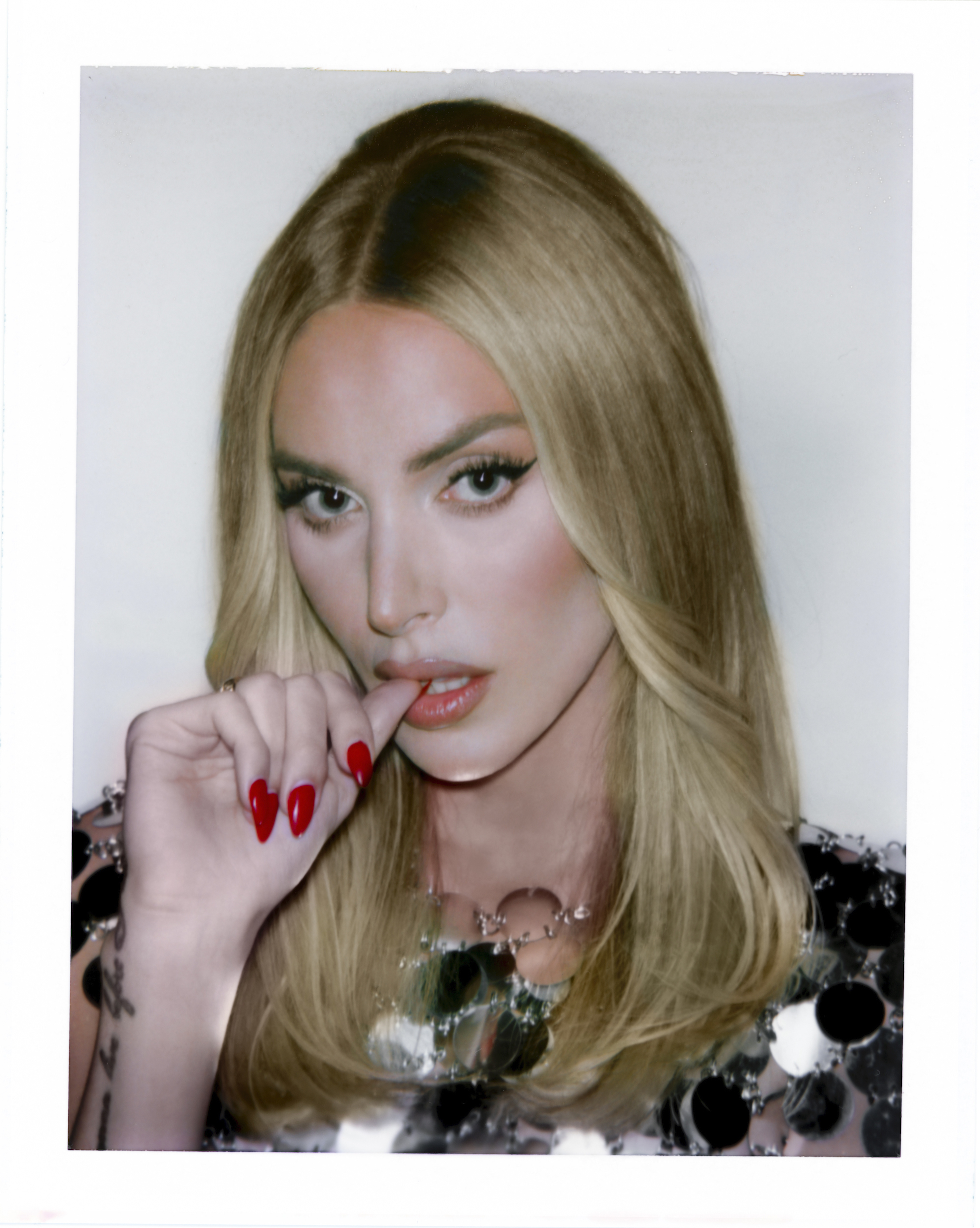
VV: Reliving some moments was especially hard for me because not even five years had passed since her death. In her last stage in life, Cristina was a very sad person. I remember calling her for Christmas and she was alone at home like she was going off the rails. What has happened now would give her that huge boost she would have needed to get out of her decline, but we won’t know. Sometimes it’s death that mythologizes people.
CS: I met Cristina one day visiting Madrid many years ago. It was like seeing an apparition—she was always a reference for me. When I asked her to take a selfie with me, she said “Oh, what a funny gypsy—come here!” and that’s how our friendship began.
DS: I also met her by chance when I was 17 years old in Plaza de Chueca [in Madrid]. I just arrived in the city to earn a living, working from here to there as a waitress, dancing. We chatted a bit and she proposed the idea of me to live with her, but we only held out for a month because two divas couldn’t live in the same house! (Laughs)
J: I was a big fan of Cristina. I remember her as an outgoing person of great beauty, and very iconic especially because of her looks. We met a couple of times in Plaza del Sol in Madrid in 2013, but I never wanted to bother her because I already viewed her badly. As a result of reading Valeria’s book and seeing her on YouTube millions of times, I got to know her better. Cristina was a trans woman and a sex worker who led the audience on prime time television, with a very closed-minded society that stopped to listen to her and saw a reality that they did not know until then. It is true that she did a lot for the [LGBTQIA+] community but without knowing it. Cristina lived her life without asking for forgiveness or permission from anyone, but neither should she be deified as a heroine because she was not.
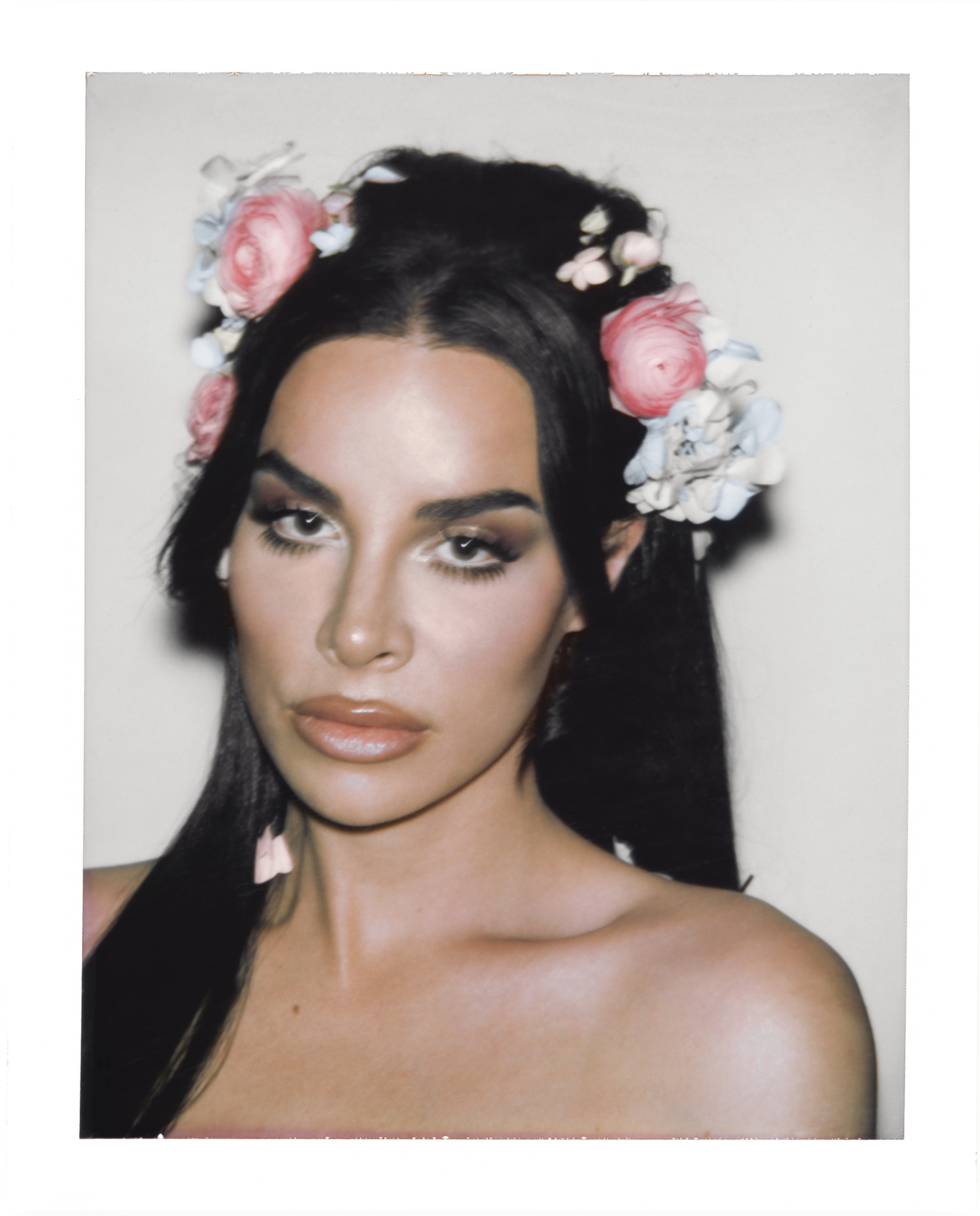
JC: The greatest political act is to become visible and tell your truth regardless of what others think, and that’s what she did. She did not seek to represent any collective but herself, and that inspired many people. I think Cristina was an activist, very much so. She appeared every night on national television telling her truth as few did and it was the ‘90s!
JA: Cristina wasn’t perfect, but now it seems that the only thing that endorses you is having a perfect speech. Activism is not synonymous with perfection.
PP: My activism has been my home, it has always been an NGO for all transvestites and queer people in my country. I’ve given them clothes, shoes, and a place to eat and sleep.
DS: The series has left a legacy for those who are coming up. It made society realize that many things are being done wrong and it was time to change them. We have crossed borders by touching hearts.
JA: The message is that our lives are not in vain—what we build today is where the people who are coming and deserve a better world are going to walk.
VV: And also to make visible that the [LGBTQIA+] community has not had it easy. It has always been surrounded by difficulties and hostility.
PP: The nice thing would be for this message to reach beyond our borders—to people who continue to be mistreated as we have been, and to help them.
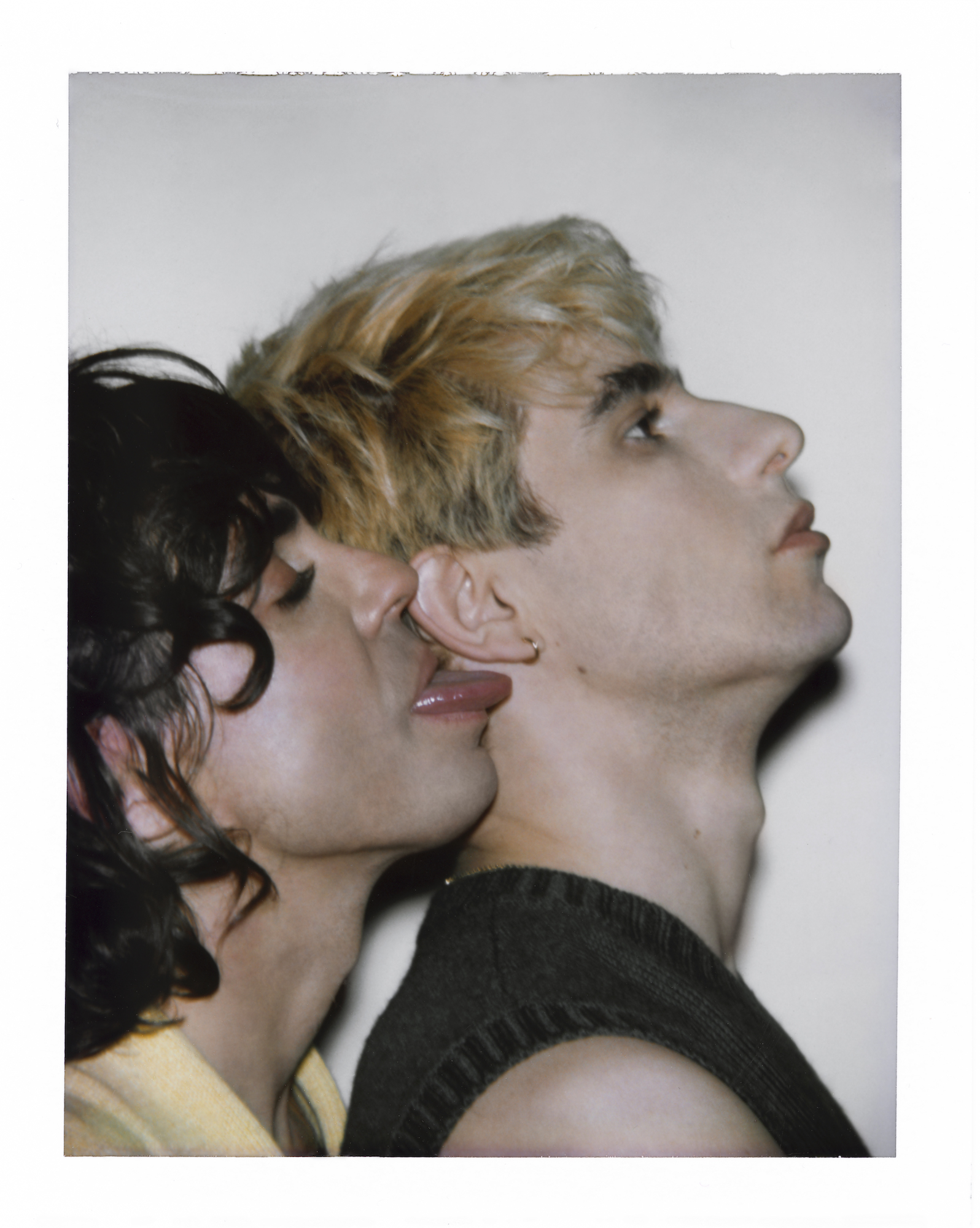
JA: We would love for the universe of Veneno to extend beyond Cristina and continue developing the rest of the characters in some way. I don’t know about a spin-off or an anthology, but there’s a lot of stories to tell. Surely, we’ll be working together again soon.
PP: At the moment, I have my hands full with promoting the series, but everything that comes, I’m on it—whether it’s a movie, a short film, a television program, I don’t turn my nose at anything!
LM: I’m going to shoot a thriller as a protagonist in which I play a cisgender woman and the script is wonderful!
DS: Next month, I start filming with Pedro Almodóvar in his next movie, Madres Paralelas. After the summer, I have a couple more films. Also, Roberto Cavalli chose me as the muse of their clothing brand so I am really happy!
JC: Congratulations! How do you think Cristina would react if she could watch the series?
LM: With the incendiary personality that she had, she would surely have said “Fags, she doesn’t look like me! I’m much prettier!”
VV: She would’ve put a lot of nuances like “That’s not like that, that’s a lie, or I’m prettier!” but she would like it very much. Cristina had a big ego and this biopic gave her the prominence that many people in show business wish for all their lives.
AS: I didn’t meet Cristina and I learned about her story through television and Valeria’s book. But I think Cristina would be very happy and proud. She always said “I am known worldwide!” and in the end, she finally got it right.
Read the full interview in Spanish below
El casting que forma La Veneno, el último boom de HBO Max, es tan explosivo como la historia de su propia protagonista, Cristina Ortiz. Reunimos a talentos de la serie como Candela Santiago, Lara Martorell y la inigualable Paca La Piraña junto a Jedet y Daniela Santiago, dos de las actrices que interpretan en la ficción a la mujer transexual que rompió los índices de audiencia en la televisión española durante los años noventa. Con ellas, los creadores de la serie Javier Calvo y Javier Ambrossi, y la autora del libro Valeria Vegas en la que está basada el biopic, debaten vía Zoom el fenómeno mundial en el que se ha convertido y por qué es esa ficción que tanto necesitaba tener la sociedad de hoy. Digo!
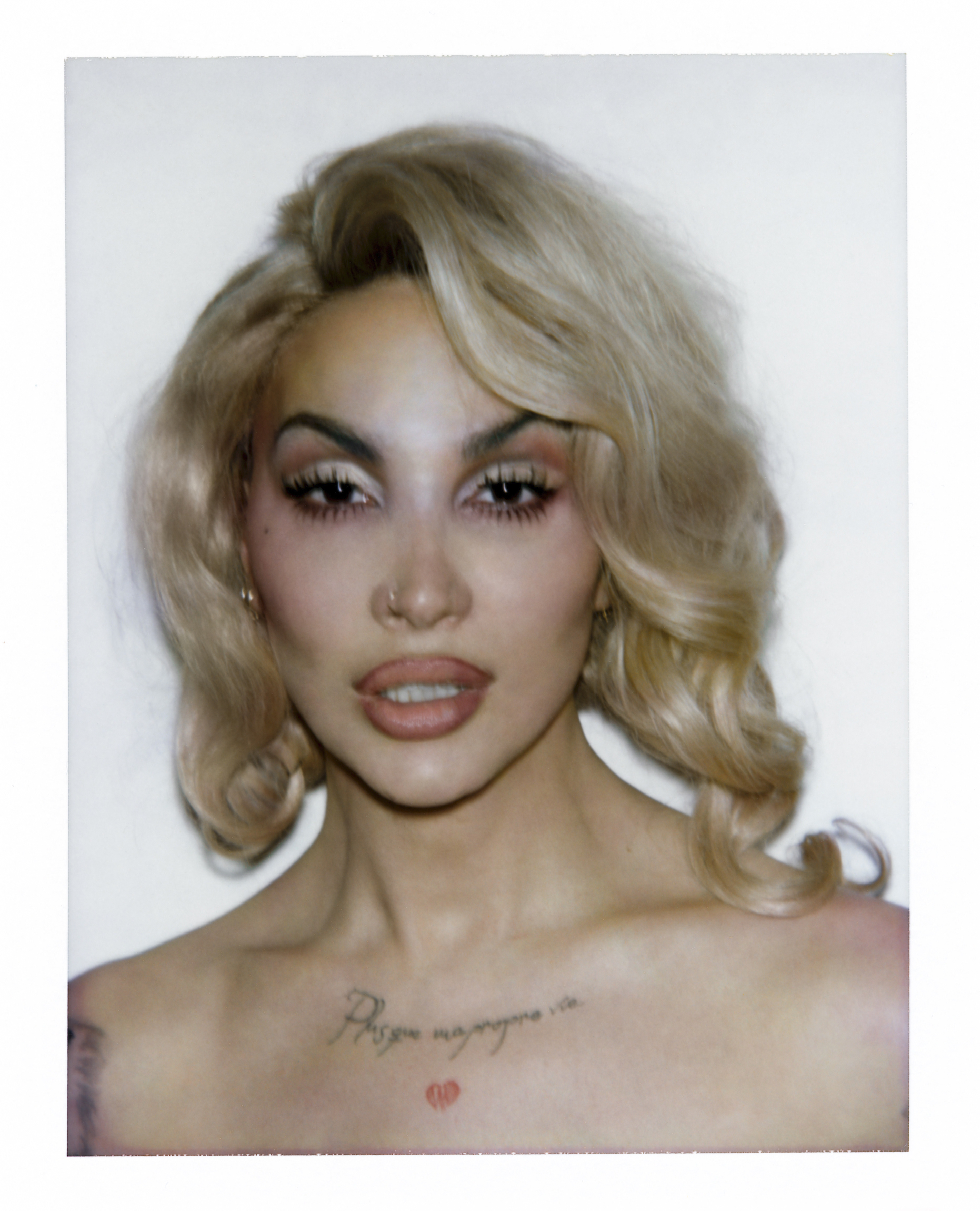
JAVIER AMBROSSI Y JAVIER CALVO: ¡Hola chicas! ¿Cómo estáis? Es increíble el boom internacional que está teniendo la serie. ¿Os imaginabais algo así?
VALERIA VEGAS: Para nada, lo último que hubiera esperado en mi vida. El proyecto de mi libro nació como algo muy rudimentario, con el deseo y la convicción de reivindicar a una persona. Si ya me pareció increíble que se pudiera hacer una serie [basada en el libro] aún más que que se fuera a ver en EE UU y que hablará todo el mundo de ello.
LARA MARTORELL: Pues yo tenía claro que iba a ser un éxito. El guión y las interpretaciones son una maravilla, y la vida de Cristina [Ortiz] fue súper interesante, hay muchas cosas que contar. Sabía que [la serie] iba a triunfar.
DANIELA SANTIAGO: Es asombroso que sea la primera serie en español que haya llegado tan lejos y nos reconozcan gente tan influyente a la que hemos admirado siempre, aún lo estoy asimilando. Nunca pensé que podría explotar de esta manera.
VV: Fuera lo ven con ojos distintos, no tienen conocimiento de quién era La Veneno y no la juzgan, y eso ayudar a verla de otra manera. Cuando algo viene de fuera se le da una oportunidad más sincera.
ALEX SAINT: Es de esas serie icónicas que aunque sea una ficción crean una revolución social. La prensa y los políticos se interesan [por la transexualidad] en España gracias a ella de otro modo, tienen un discurso diferente y otra manera de humanizarnos. Siempre se ha asociado a una mujer transexual con ser prostituta, y en los casos que sí ha sido así como el de Cristina la sociedad no se planteaba por qué había llegado a esa situación, sin tener más oportunidades en la vida. Eso se cuenta muy bien en la serie, ha servido para abrir los ojos [a la sociedad].
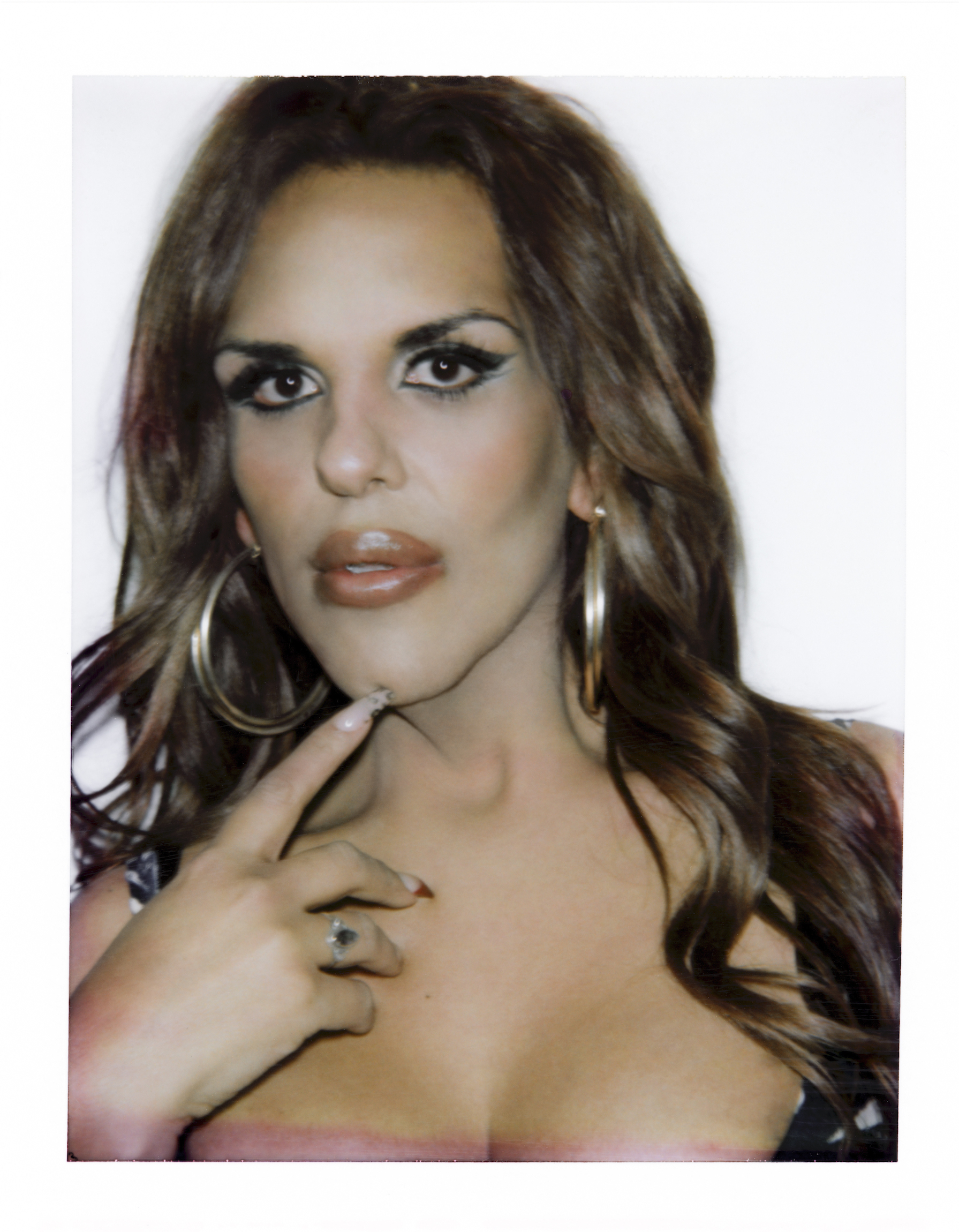
LM: La serie ha permitido ver a la persona más allá del personaje [de la Veneno] y generar una empatía que no existía antes con la situación del colectivo trans.
JA: Nosotros estamos muy sorprendidos. Intentamos desde el principio crear una ficción [sobre el colectivo] LGBTQIA+ que resultara mainstream y para todos los públicos. Cuando ves que se va estrenando por otros países como en EE UU o Francia con tan buen acogida, piensas ¡Wow! Porque no deja de ser la historia de una mujer que en los últimos años de su vida estaba sola en la calle con cuatro amigas, no es precisamente una historia conocida por todo el mundo como de The Crown, la verdad.
JC: Es muy emocionante cuando hablas con alguien de EE UU y te agradece que hayas dado a conocer un nuevo icono en su vida. Cristina está siendo mundialmente conocida y su historia (y la de todas vosotras) está inspirando a mucha gente.
PACA LA PIRAÑA: Creo que en EE UU yo paso por mujer biológica, no se creen que sea trans. Me ha llamado un granjero de Kansas City porque quiere poner un rancho a mi nombre.
JA: *risa* Paca, no te imaginas la de directores Americanos que nos llaman y nos preguntan por Paca la Piraña.
PP: ¡Yo me veo en Hollywood!
JEDET: Pues os digo una cosa, a mí me encanta el fenómeno que ha generado Veneno y recibir mensajes de Brad Pitt o de cualquier persona del mundo. La satisfacción como artista es enorme pero con el reconocimiento, no se paga el supermercado. La serie me ha ayudado muchísimo pero aún no me ha llegado un gran papel como actriz. Tengo pendiente una posible película en Colombia, pero estoy centrada en la música, en mi línea de maquillaje, y algunas campañas de publicidad. Si no tuviera una carrera polifacética no podría vivir ahora mismo solo de actuar. La realidad sigue siendo que por ser una mujer trans no tengo acceso a los papeles que tienen la mayoría de las mujeres cisgénero. Es primordial que velen por nuestros derechos laborales, nosotras somos mujeres y punto y deberíamos tener las mismas oportunidades.
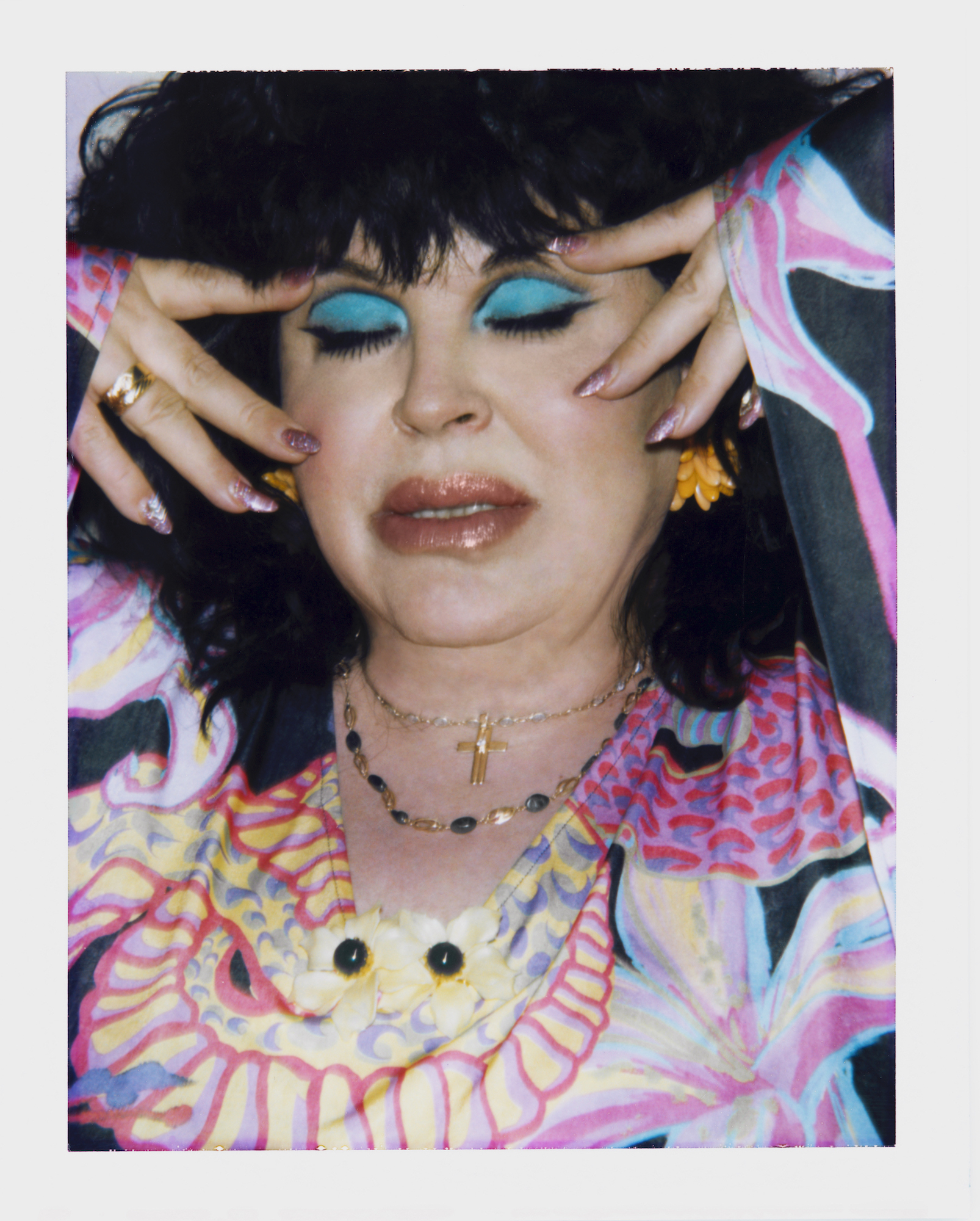
JA: La serie cuenta con un casting muy amplio de actrices. Muchas erais debutantes, otras no como Lara que es una actriz súper pro. Y en el caso de Paca o Candela, lo erais en vuestros shows. Pero lo que quisimos llevar a rajatabla es que los personajes trans fueran interpretados por mujeres trans, y esto tenía que ser así.
DS: Eso ha sido un acierto porque ha dado la oportunidad de demostrar que existe talento para actuar en la comunidad LGBTQIA+.
PP: En la serie no solo había mujeres trans interpretando a personajes trans, también trabajaban como técnicos de sonido y luces, maquillaje. Eso demuestra que somos personas normales, que sentimos y podemos hacer todo tipo de cosas.
VV: Yo solo hice un cameo en la serie pero fui partícipe durante todo el proceso del guión. No solo se ha conseguido visibilizar la problemática [del colectivo LGBTQIA+], también se ha dado una oportunidad a actrices trans que antes no lo habían tenido. Y ojo, esto está muy bien pero el triunfo de verdad llegará cuando mujeres trans no solo interpretan a personajes trans y puedan acceder a cualquier papel.
DS: Valeria, ¿cómo te viste reflejada en la ficción?
VV: Lola [Rodríguez] hace un papel maravilloso pero yo soy más fuerte y rompedora en la realidad. Representa una visión demasiado dulce de mis 21 años, porque yo viví momentos muy duros en esa época mientras estudiaba, pero entiendo que no era la parte que tocaba contar. Al principio, la idea de que hubiera un personaje basado en mí me hacía sentir demasiado expuesta, pero comprendí que era necesario porque aportaba una visión de Cristina desde una generación más joven y contada por alguien que nunca la había juzgado.
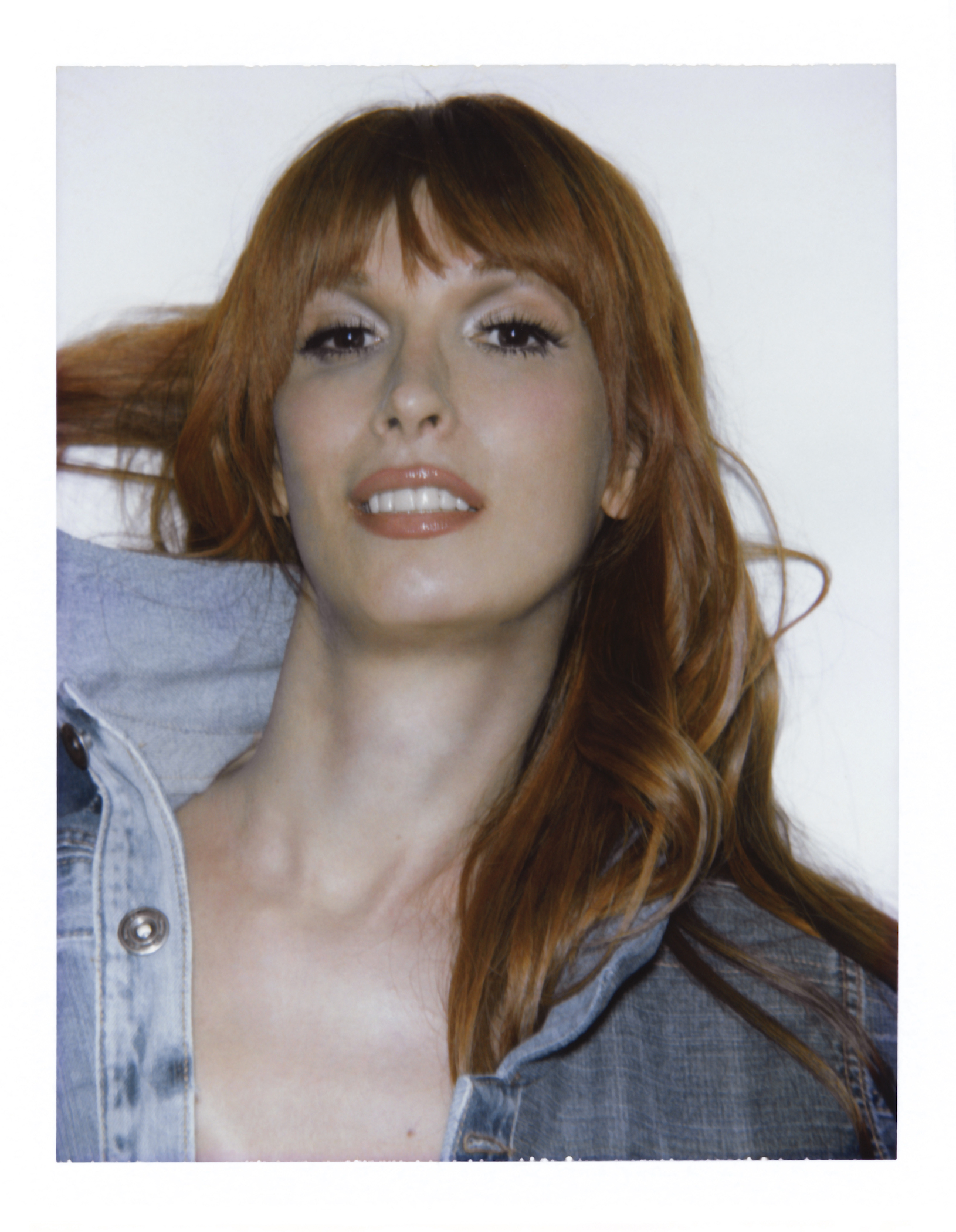
JC: Comprendiste que queríamos inspirar a generaciones más jóvenes con tu propia historia, que simboliza luz y esperanza frente a la tragedia de mujeres como Cristina.
JA: Todo el proceso de casting fue maravilloso. Nos ayudó a descubrir a personajes que enriquecen mucho el relato mientras lo íbamos escribiendo. A Lara y Paca, por ejemplo, las conocimos antes de hacer la serie, ya les teníamos echado el ojo y Candela fue la primera [actriz] que cogimos a través del casting.
Candela: Recuerdo que me llamaron para citarme en Madrid y lo primero que pregunté es si me iban a pagar el billete y el hotel porque no, iba ni muerta sino! *risa*
JA: Tuvimos clarísimo que te escribiríamos un papel, así nació Tamara la Gitana.
JC: Trabajar con vosotras ha sido fue increíble, habéis aportado mucha verdad a la historia. Escenas como las vividas en el parque del Oeste [un parque de Madrid donde se ejercía prostitución] se rodaron de manera similar a como ya hicimos en Paquita Salas [su anterior serie], con una cámara en mano para captar la verdad del momento. Era como seguir una coreografía por libre, en la que hablabais por encima del guión todo el rato. Volvisteis un poco loco a todo el equipo. *risa*
JA: Recuerdo que Javi y yo decíamos “tú sigue con una cámara a esta y yo con otra a aquellas y que hablen, que hablen mucho y se peleen.”
JC: Luego le dimos forma en el montaje pero mantuvimos la frescura que aportaban vuestras expresiones y esa manera libre de actuar. Fue como dirigir a una orquesta de jazz. Todo esto hacia la historia mucho más real.
JA: A mí me ha enriquecido, sobre todo, los tiempos muertos que he pasado con vosotras, en los que me contabais vuestras historias, nos reíamos y me dabais tanto cariño. El guión se fue completando con temas que salían de esos momentos y eso fue precioso, ayudó a que la serie fuera mucho mejor.
JC: Es sorprendente lo disponible que estabais emocionalmente, a pesar de que muchas [de vosotras] no habíais actuado antes. A veces es mucho más difícil conseguir eso de una actriz con más expectativas. Vosotras tenéis una experiencia vital tan grande que no os da miedo a mostraros realmente cómo sois.
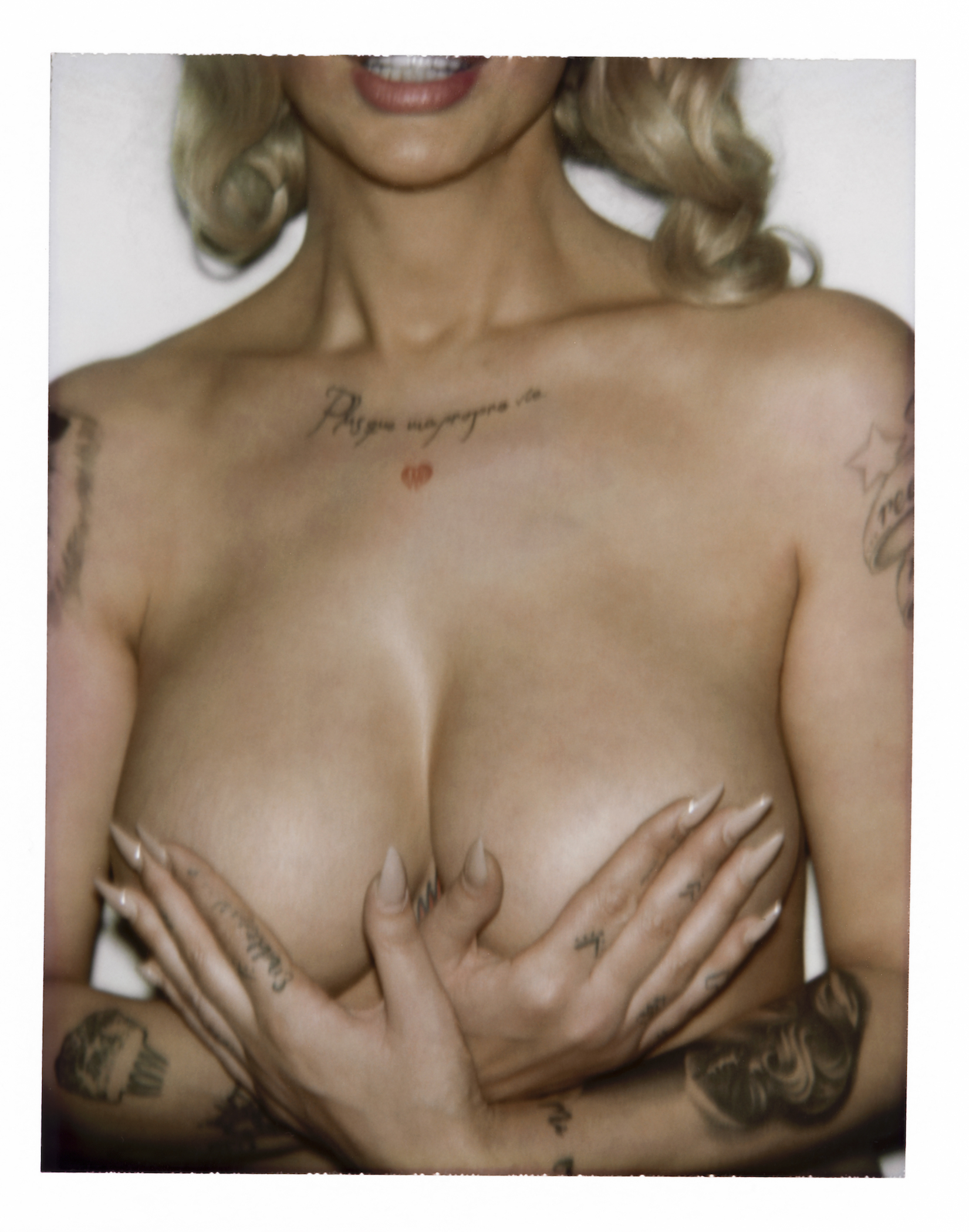
JA: Además habéis hecho cosas dificilisimas, desde escenas de acción bajo la lluvia hasta rodar entre multitudes o con un coche en marcha.
PP: Para mí fue mi primer papel. He hecho espectáculo por toda España pero a este nivel, no. Una vez hice de extra en una película Americana que rodaron en Tabernas [el desierto de Almería]. Hablaban en inglés y no entendía nada.
CS: Paca, tú que te interpretas a ti misma, ¿cómo te viste en la serie?
PP: Pues gorda como un centollo, me pasé los ocho capítulos comiendo todo el rato, me tenéis que llevar a una clínica de adelgazamiento!
CS: *risa* Para mí también era la primera vez que actuaba, había hecho espectáculos antes pero de otro tipo. Yo me sentí muy cómoda con vosotros [los Javis]. Los guiones me los saltaba todo el rato, si ponía una cosa yo decía otra, y eso os hacía siempre mucha gracia. Os agradezco mucho la paciencia y la confianza que depositasteis en mí.
JA: Encontrarnos con actrices como Paca o Candela hizo que la serie se volviera mucho más auténtica, divertida y emocionante. Recuerdo que siempre te decíamos [a Paca] “Aquí pone esto pero tú, ¿cómo lo dirías?”. Ella opinaba mucho y eso es maravilloso, solo necesitábamos poner un poco de orden para que tuviera sentido.
PP: A veces improvisaba pero otras tenía que seguir el guión y me regañaban mucho porque soy una cotorra [Javi] Ambrosi me decía, “Paca, ¡aquí soy yo el director!”
JA: En realidad ha sido Paca la que nos ha dirigido a nosotros! *risa*
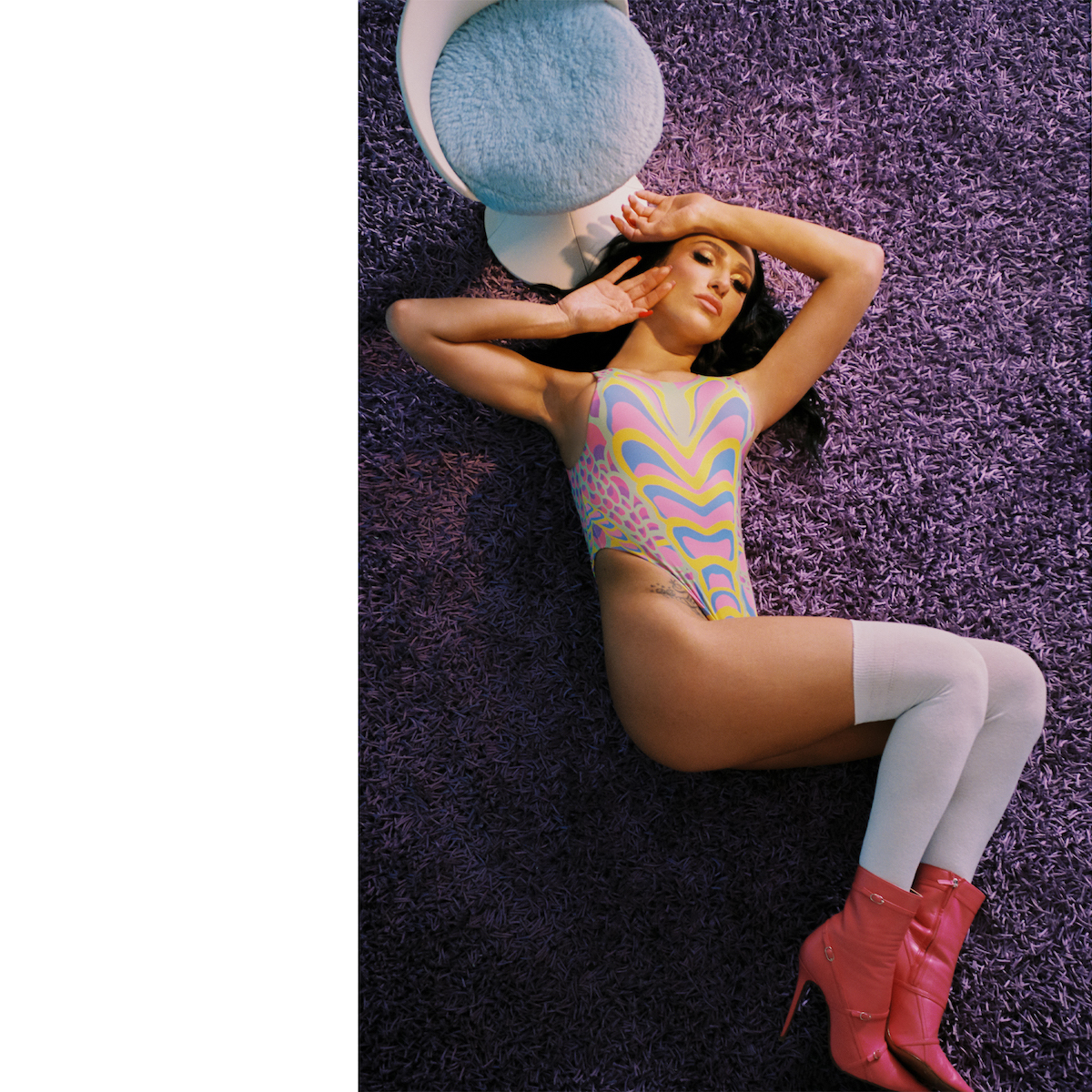
AS: Yo recuerdo que el primer día de rodaje estaba muy asustada. Nunca había actuado y no sabía si podría hacerlo. Siempre me había llamado la atención el mundo de la interpretación pero me parecía imposible acceder a él. Recuerdo que acompañé a Jedet al casting y quisisteis [los Javis] entrevistarme para trabajar como maquilladora en la serie. Cuando luego me propusisteis hacer un pequeño papel [como Sacha] fue toda una sorpresa…
J: Yo tenía mucho miedo también. Cuando terminé mis estudios de arte dramático me centré en ser camarera y aparté lo de la actuación, nunca lo contemplé como una opción para ganarme la vida. Cuando de repente llegó el rodaje [de la serie] sentí que no iba a dar la talla, que era mala actriz, pero vosotros [los Javis] me cuidasteis mucho. Tenéis ese poder de ver algo especial en las actrices, ya tengas trayectoria o no, y saberlo explotar muy bien.
DS: Yo nací actriz, eso es algo que se lleva en la sangre. Salí con diecisiete años en una película de Pedro Almodóvar pero nunca estudié arte dramático ni me había preparado un papel. Ya en la entrevista que me hicisteis para el casting de Veneno el flechazo fue mutuo. Enseguida conectamos y me dijisteis que ya habíais encontrado a La Veneno en su esplendor.
LM: Yo que soy una actriz formada y he interpretado un papel protagonista en otra serie me sorprendí mucho del nivel que había. De repente me encontré con gente sin experiencia que estaba haciendo un trabajo maravilloso, y eso fue muy positivo. En el capítulo de Tormenta Perfecta, por ejemplo, rodamos escenas durísimas con mucho frío y humedad en el parque del Oeste, en el que mi personaje [Fani] se pelea con Daniela para marcar su territorio. Cuando decían “abrigos fuera” lo pasábamos fatal, sin ropa y mojadas, pero todas aguantaron muy bien.
CS: Esa escena fue para mí la más complicada de rodar—pura pasión y muerte. Nos echaban agua todo el rato y rodamos bajo cero con abrigos empapados y los tacones llenos de fango.
PP: Yo llevaba unos zapatos con tres números menos que el mío. Recuerdo pasar un frío horroroso, parecía que me iba cagando al andar. No podía ni hablar, y venía a echar más y más agua. ¡Os dije que como pillara una pulmonía me tendrías que pagar el entierro!
DS: *risa* Fue una escena durísima. Yo pasé tres días en cama constipada y con dolor de espalda. Aunque para mí, casi todas las secuencias fueron complicadas por el esfuerzo bucal que tenía que hacer, de hecho me salió un nódulo en la garganta. El dialecto que hablaba Cristina era muy peculiar, una mezcla de diferentes partes de Andalucía donde había vivido.
J: Para mí el gran reto fue psicológico, ya que me tocó interpretar la etapa de transición que vivió Cristina justamente cuando yo estaba con la mía. Hubo días que fueron especialmente difíciles porque no sabía cuándo podría meterme en quirófano y ser yo.
LM: Jedet, ¿hubo alguna escena que te costará rodar en concreto?
J: La más difícil fue la de Cristina Onassis (Sophia Lamar) a punto de morir en el hospital. Sophia y yo no logramos conectar, así que Alex Rodrigo [el director del capítulo] me propuso que mi madre hiciera de su doble. Cuando vi a mi madre postrada en la cama la toma salió a la primera.
PP: Si no estás metida en este mundillo lo ves todo muy raro desde fuera. Yo me sentía muy nerviosa al principio, me daban hasta mareos. Por la noche me leía siempre los guiones porque si no te lo sabías te regañaban. Así lo ponía por contrato: tenías que ir limpia, con los guiones aprendidos, y ¡sin estar borracha!
AS: *laughs* Paca, tú que conociste a Cristina, ¿Cómo fue revivir en la serie algunos momentos complicados que viviste con la Veneno?
PP: Fue muy triste pero yo los viví de manera diferente. Hay partes que no pasaron así, fueron ficción para que tuviera más emoción [la historia]. Aunque Cristina y yo nos enfadamos nunca la eché de casa ni tiré su ropa a la calle. Nos pasaba como a cualquier par de amigas, un día discutes y otro estás bien. Puede que no nos viéramos pero hablamos por teléfono hasta el día que murió. Pasamos muchas aventuras juntas.
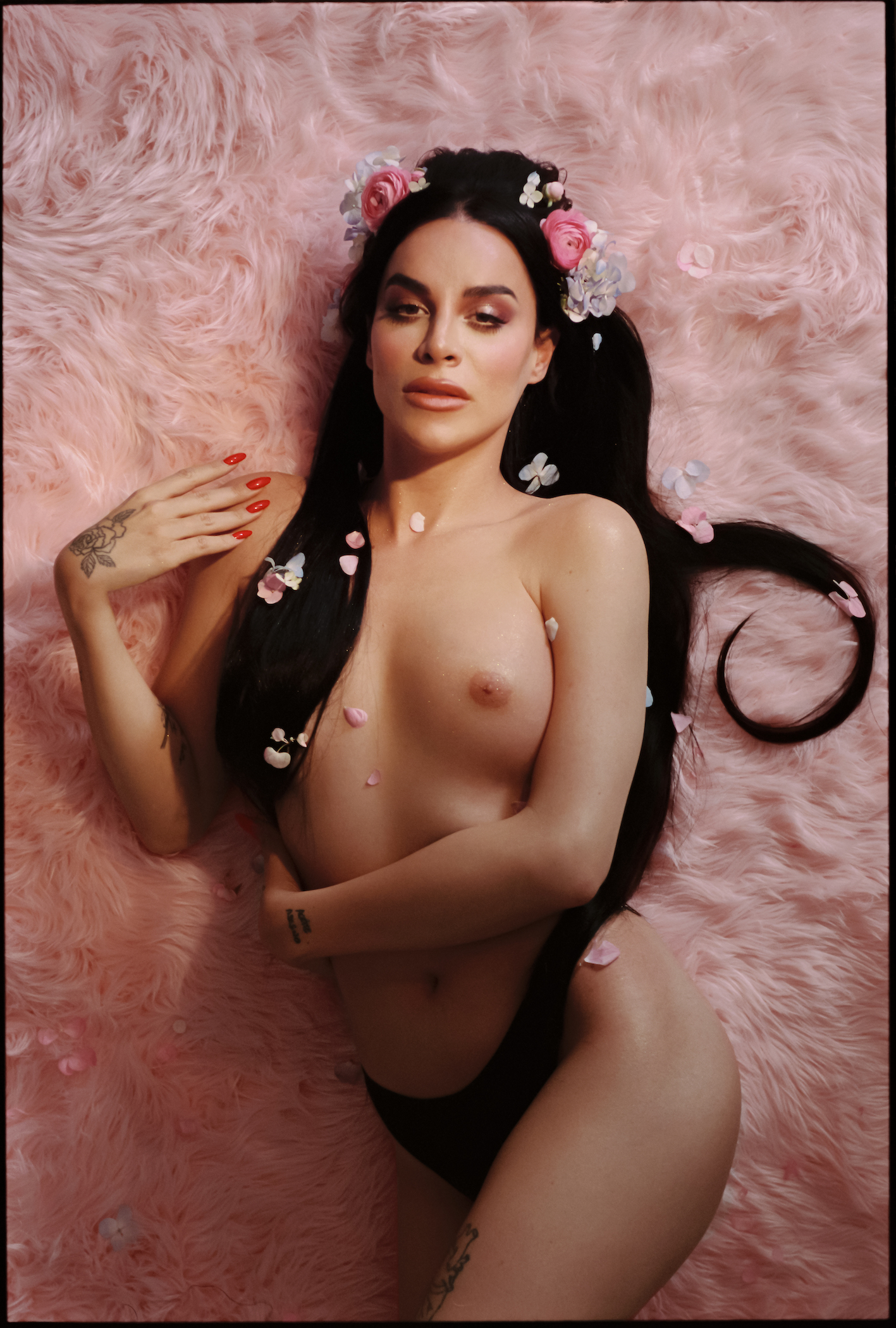
VV: Para mí revivir algunos momentos fue especialmente duro, sobre todo, porque no había pasado ni cinco años de su muerte. Durante la última etapa Cristina fue una persona muy triste, recuerdo que la llamaba por navidad y estaba sola en su casa, como dejándose perder. Lo que está pasando ahora hubiera sido ese chute de energía que hubiera necesitado para salir de su declive, pero no lo sabremos. A veces la muerte es lo que mitifica a las personas.
CS: Yo la conocí hace muchos años un día de visita por Madrid. Cuando la vi, fue como una aparición, siempre fue un referente para mí. Quise hacerme un selfie con ella y recuerdo que me dijo “ay qué gitana más graciosa, vente pa ca”… Y así comenzó nuestra amistad.
DS: Yo también la conocí por casualidad cuando tenía diecisiete años en la plaza de Chueca [de Madrid]. Acaba de llegar a Madrid para buscarme la vida, trabajaba de aquí a allá de camarera, bailando. Charlamos un poco y me propuso vivir con ella, pero aguantamos solo un mes porque dos divas no podían vivir en la misma casa! *risa*
J: Yo era muy fan de Cristina, la recuerdo como una persona extrovertida, de gran belleza y muy icónica, sobre todo por sus looks. Coincidimos un par de veces en 2013 en la Plaza del Sol en Madrid, pero nunca quise molestarla porque ya la veía mal. A raíz de la biografía de Valeria y tras ver millones de videos de ella en YouTube la conocí mejor. Cristina fue una mujer trans y prostituta que lideró la audiencia en prime time de la televisión, con una sociedad muy cerrada de mente que se paró a escucharla y vio una realidad que hasta ese momento no conocía. Es verdad que hizo mucho por la comunidad [LGBTQIA+] pero sin saberlo. Cristina vivió su vida sin pedir perdón ni permiso a nadie, pero tampoco hay que endiosarla como una heroína porque no lo fue.
JC: El mayor acto político es ser visible y contar tu verdad, que da igual lo que piensen los demás y eso es lo que ella hizo. No buscaba representar a ningún colectivo sino a sí misma, y eso inspiró a mucha gente. Yo creo que Cristina sí era activista y mucho. Salía cada noche en la tele diciendo su verdad como pocas lo hicieron, y encima en los años noventa.
JA: Cristina no era perfecta, pero ahora parece que lo único que te avala es tener un discurso perfecto. El activismo no es sinónimo de perfección.
PP: Mi activismo ha sido mi casa, que siempre ha sido una ONG para todas las travestis y mariquitas de este país. Yo les he dado ropa, zapatos y un sitio donde comer y dormir.
DS: La serie ha dejado un legado a las que vienen y ha servido para que la sociedad vea que se estaban haciendo muchas cosas mal y que ya era hora de cambiar. Hemos traspasado fronteras tocando corazones.
JA: El mensaje es que nuestras vidas no son en balde, lo que construyamos hoy es por dónde van a caminar las personas que vengan y se merecen un mundo mejor.
VV: Y visibilizar que el colectivo no lo ha tenido fácil, siempre ha estado rodeado de dificultades y hostilidad.
PP: Lo bonito sería que este mensaje llegará más allá de nuestras fronteras, a personas que siguen maltratadas como lo hemos sido nosotras y servirles de ayuda.
JA: Nos encantaría que el universo de Veneno se extendiera más allá de Cristina y seguir desarrollando el resto de personajes de alguna manera, no sé si con un spin-off o una antología, pero hay muchas historia que contar. Seguro que volveremos a trabajar juntos en breve.
PP: Yo de momento estoy a tope haciendo la promoción de la serie, pero todo lo que venga “me lo meto”, ya sea una película, un cortometraje, un programa de televisión, o una gran ¡No hago ascos a nada!
L: Yo voy a grabar un thriller como protagonista en el que interpreto a una mujer cisgénero y ¡el guión es maravilloso!
DS: Yo comienzo el mes que viene a rodar con Almodóvar su próxima película Madres Paralelas y después de verano tengo un par de películas más. Además, Roberto Cavalli me escogió como musa de su marca de ropa. ¡Estoy súper contenta!
JC: ¡Enhorabuena! Oye, ¿vosotras cómo creéis que reaccionaría Cristina si pudiera ver la serie?
LM: Con la personalidad incendiaria que tenía seguro que hubiera dicho “Maricones, si no se parece a mí, ¡yo soy mucho más guapa!”
VV: Hubiera puesto mucho matices, en plan “Eso no es así, eso es mentira o yo soy más guapa” pero le hubiera gustado mucho. Cristina tenía mucho ego y este biopic le ha dado ese protagonismo que mucha gente del espectáculo desea toda la vida.
AS: Yo no la conocí y supe de su historia a través de la televisión. Ya con el libro de Valeria profundicé un poco más, pero creo que Cristina hubiera estado muy contenta y orgullosa. Siempre decía “Yo soy conocida mundialmente”. Y, al final tuvo razón y lo consiguió.
Discover More
